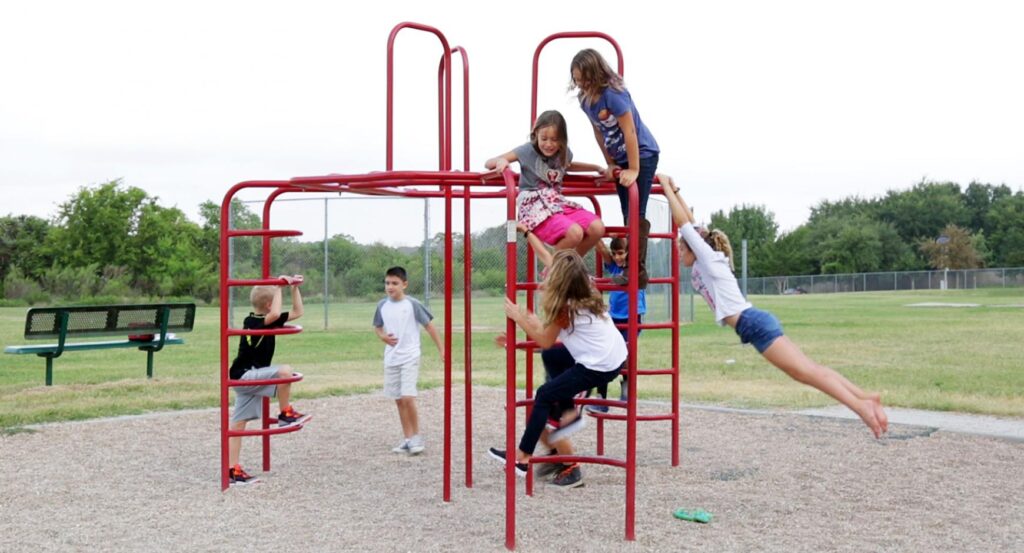Health Behavior and Health Education
Department of Kinesiology and Health Education

The Health Behavior and Health Education graduate programs provide students with invaluable training on how to conduct and implement programs, interventions, and research studies to address health inequities and improve the health of communities across the lifespan.
Graduate students in our programs are exposed to research and coursework from faculty with diverse interests and expertise. Examples of health issues addressed in research and coursework include:
- Risk & resiliency
- Child, adolescent, & emerging adulthood health
- Migration & health
- Health & Place
- Prevention science
- Sexual health
- Parenting & family relationships
- Racial/ethnic health disparities
- Physical activity
- Obesity prevention
Programs
Prerequisites
Courses completed at another college or university may be used to satisfy part or all of the prerequisites. These courses should be completed prior to beginning graduate study in Health Behavior and Health Education. Such courses may not be used to fulfill required courses for a graduate degree.
Individuals admitted without these prerequisite courses must fulfill this requirement in their first year by taking the appropriate courses either in residence or by advanced standing examination at The University of Texas at Austin. It is the policy of the Graduate Studies Committee that all courses taken to fulfill prerequisite requirements be taken on a letter grade basis.
After entering the program, the student should download the Prerequisites Form or obtain a copy from the Graduate Program Coordinator in Bellmont 722B. The completed form should be submitted to the Faculty Advisor for approval before it is submitted to the Graduate Program Coordinator.
Faculty

Researches the effect of exercise on mental health to improve mood and reduce stress.

J. Mark Eddy's primary area of expertise is the development, refinement and rigorous testing of culturally informed multimodal preventive and clinical psychosocial interventions to improve physical and mental health outcomes for children and families...

Studies school and community-based interventions regarding physical activity, healthy eating, and the prevention of chronic disease.

Teaches from a holistic health perspective with a focus on personal health, including mental health, meditation and other stress management techniques.

Focuses on adolescent and young adult problem behavior development, and tobacco use and cessation.

Focuses on identifying factors that hinder or promote the success of children and families from vulnerable and underserved populations.

Focuses on understanding the factors influencing Latino/ youth substance use and mental health and how to translate this evidence into preventive interventions.

Examines the relation between marketing influence on youth and young adult risk behavior such as substance use, nutrition, sleep and energy drink consumption.

My work primarily investigates how social- and structural-level factors relate to the epidemiology of substance abuse and related harms among Latinos. This research has expanded the focus from individual-level factors that influence health and unders...

My research interests and expertise center in the reduction of spatial health disparities in access to environments that enable physically active lifestyles. Specifically, my work focuses on understanding the context-specific relations between the bu...

Identity, acculturation, cultural stress, crisis migration, adolescent development, family functioning, substance use, mental health, well-being

Focuses on how individuals successfully adapt to stress and build health resilience.
Emeritus Faculty

Studies psychosocial factors in health behavior and health and well-being in adulthood and aging.
Affiliated Faculty

Phillip W. Schnarrs, Ph.D. is an applied health researcher and expert in LGBTQ+ populations specializing in sexual health, mental health and substance use disorder.
Labs and Research Areas
Exercise & Sport Psychology Laboratory
Develops interventions to increase physical activity and healthy eating and seeks to understand the benefits of exercise for mental health.
Focuses on better understanding how migration-related factors influence vulnerability to substance abuse and related harms among Latino communities in the US and Mexico.
Examines how the marketing of unhealthy products impacts youth and young adults’ behaviors. Explores how risk behaviors may co-occur among adolescents and young adults.
Stress Adaptation and Health Resilience
Focus areas include diabetes self-management interventions, the role of positive emotions in reducing depressive symptoms, and the relationship between chronic psychosocial stress and metabolic health.
Tobacco Research and Evaluation Team
Conducts research on youth and young adult tobacco use, and develops effective tobacco prevention programs and intervention tools that are easily accessible for various populations.


